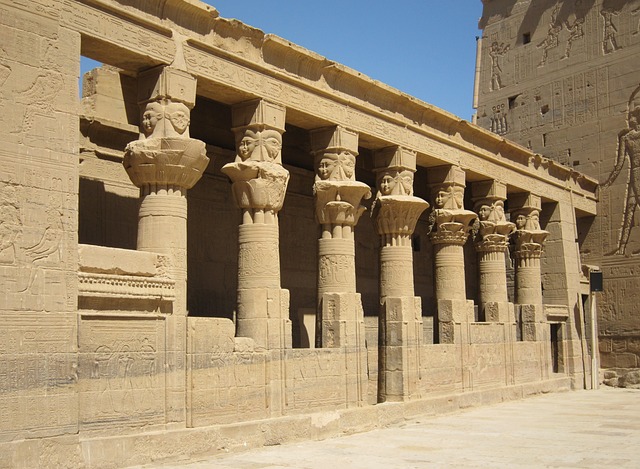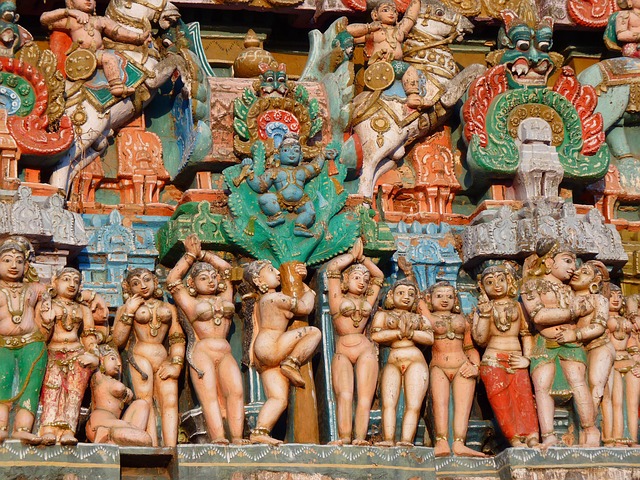Unveiling the Mysteries of Horus
The ancient Egyptian pantheon is rich with gods, each embodying different aspects of life, nature, and the afterlife. Among these deities, Horus stands out as one of the most intriguing and complex figures. Revered as the god of the sky, kingship, and protection, Horus symbolizes divine authority and the right to rule. His story intertwines with the fabric of Egyptian religious beliefs, offering insights into the society’s values and worldview.
Horus’ Mythical Origins
The narratives surrounding Horus vary slightly, but a central theme remains: his fierce battle against the chaos represented by Set, the god of disorder. This struggle encapsulates the eternal conflict between order and chaos, a dichotomy that is prevalent in many religious traditions. Born of the goddess Isis, who resurrected him from the dismembered body of his father Osiris, Horus is not just a god of vengeance but also a symbol of resurrection and renewal. His story emphasizes the importance of family, loyalty, and the cyclical nature of life and death, deepening the understanding of life in ancient Egypt.
The Symbolism of Horus
Horus is often depicted with the head of a falcon, a potent symbol of kingship and majesty. The falcon, known for its keen eyesight, represents the all-seeing god who watches over the realm of humans, ensuring order is maintained. This divine oversight was particularly crucial for the pharaohs, who were viewed as the earthly embodiment of Horus. By aligning themselves with this powerful deity, the rulers of Egypt sought legitimacy and divine sanction for their reign, intertwining their fates with that of Horus himself.
Horus in Egyptian Religion
The devotion to Horus was not limited to the pharaohs; everyday Egyptians also honored him. Temples dedicated to Horus were centers of worship, where rituals and offerings were made to invoke his protection and favor. The symbolism of the Eye of Horus, regarded as a powerful protective emblem, serves as an example of how deeply woven Horus was into the daily lives of the people. Practitioners believed that wearing amulets of the Eye of Horus would shield them from harm and misfortune, demonstrating the connection between the divine and the mundane.
The Legacy of Horus
The legacy of Horus extends beyond the boundaries of ancient Egypt. His imagery and attributes have influenced various cultures, shaping the way gods and divine power are perceived even today. Furthermore, the themes of conflict, resolution, and the balance between order and chaos resonate across different religious narratives globally, reflecting humanity’s continuous search for meaning and stability amidst the uncertainties of life.
Exploring the mysteries of Horus opens a window into the heart of ancient Egyptian religion, revealing a world where the divine was intimately tied to earthly existence. The essence of Horus invites us to contemplate not just the supernatural but also our own roles in the stories we weave every day. Looking back to the skies, we find a reflection of our desires for protection, authority, and understanding in a chaotic world, showing that the ancient beliefs of Horus still hold relevance today.




